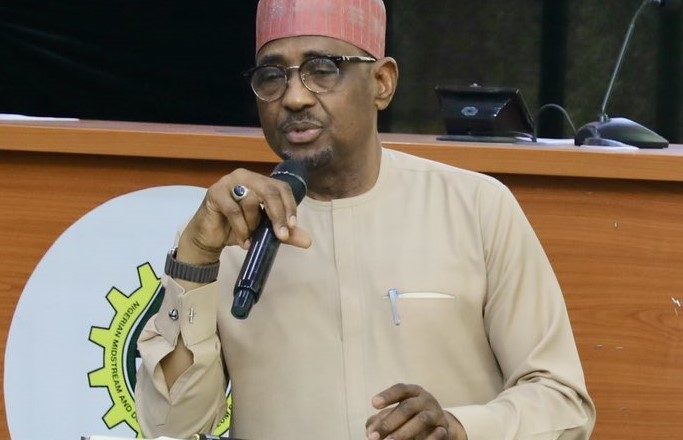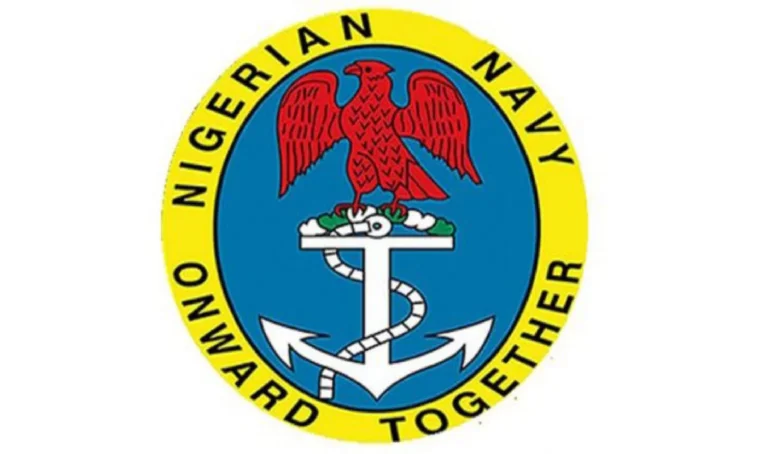
The Nigerian Midstream and Downstream Petroleum Regulatory Authority has proposed fresh rules on the safe decommissioning of filling stations, sparking opposition from retail outlet owners in the downstream sector.
The draft regulation, currently undergoing public scrutiny at the Stakeholders’ Consultation Forum on the Proposed Midstream and Downstream Petroleum Safety and Environmental Regulations 2025, includes a clause that mandates formal procedures for the abandonment and decommissioning of retail fuel outlets.
But stakeholders at the event kicked against the move, calling on the NMDPRA to limit the scope of the regulation to midstream operations alone. In its defence, the authority insists the regulation is necessary to address environmental hazards linked to poorly managed or abandoned petrol stations.
It will form part of broader efforts to harmonise safety and environmental standards across the sector.
The discussion formed the highlight of a consultative forum held with midstream and downstream operators at the agency headquarters on Tuesday in Abuja.
Speaking to participants, the NMDPRA Secretary and Legal Adviser, Joseph Tolurushe, said some stakeholders have urged the authority to limit the regulation to the midstream instead of extending it to the downstream facilities.
The NMDPRA is, however, insisting that there should be a proper way of abandoning filling stations in a manner that will not contaminate underground water.He said, “In 2033, we made three regulations that set the boundaries of safety and the environment in the mainstream and downstream petroleum sector. So the regulations focus on safety regulations, abandonment and decommissioning regulations, and environmental regulations. So we decided to consolidate these three regulations into one. That one is called Mainstream and Downstream Safety and Environmental Regulations.
“The reason why we decided to consolidate is mainly because we want to have one single regulation. So that it will be easy to refer to, so that it will also be easy to do business. It is also an opportunity for us to amend some parts of those regulations we made in 2023.
“Just because of the engagement we have had and because of the suggestions and comments we received on those regulations. We also use it as an opportunity to review it. So in reviewing it, we have consolidated the three regulations into one.
“If you recall, we had consolidated about ten regulations before into one to ensure we don’t have a plethora of regulations in the industry. In some jurisdictions like Norway, we found out that they only have one or two regulations that regulate their upstream activity.
“So it’s also to tell you that we are trying to move into an era of self-regulation. Where you only have to monitor the activities and the industry itself regulates itself.”
Responding to a question on dissenting voices, the legal adviser said the authority has decided to consolidate the three regulations into a single regulation in line with international best practices. The legal adviser said the essence of the consolidation is “So that it will be easy to refer to, so that it will also be easy to do business.”
He said it is also an opportunity for the NMDPRA to amend some parts of those regulations that were made in 2023. He explained, “Operators want to know, where is the guideline now. So the guideline is just a procedure. It’s just a guide. So there’s nothing to be afraid of.Responding to a question on dissenting voices, the legal adviser said the authority has decided to consolidate the three regulations into a single regulation in line with international best practices. The legal adviser said the essence of the consolidation is “So that it will be easy to refer to, so that it will also be easy to do business.”
He said it is also an opportunity for the NMDPRA to amend some parts of those regulations that were made in 2023. He explained, “Operators want to know, where is the guideline now. So the guideline is just a procedure. It’s just a guide. So there’s nothing to be afraid of.“These Regulations are to be read in conjunction with other Regulations made by the Authority, including the Midstream and Downstream Petroleum Fees Regulations, 2024, which provide for the prescribed fees for midstream and downstream petroleum activities”, he said.
The meeting concluded with a resolve to deepen stakeholder engagement, adding that after collating feedback from the forum, the Authority would seek management approval, work with the Ministry of Justice for proper legal drafting, and then forward the regulation to the government press for gazetting, a process expected to take about a month.
SOURCE: PUNCH NEWSPAPER



